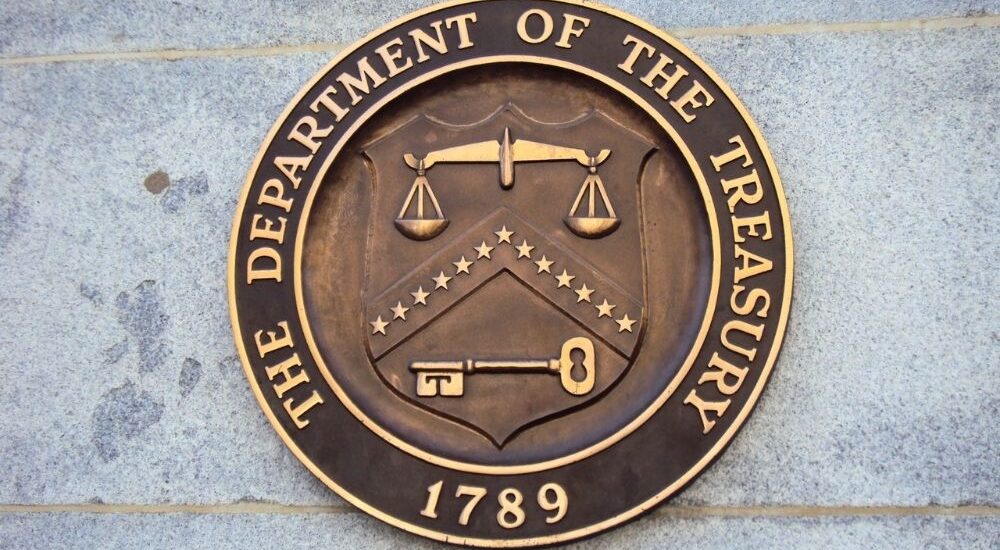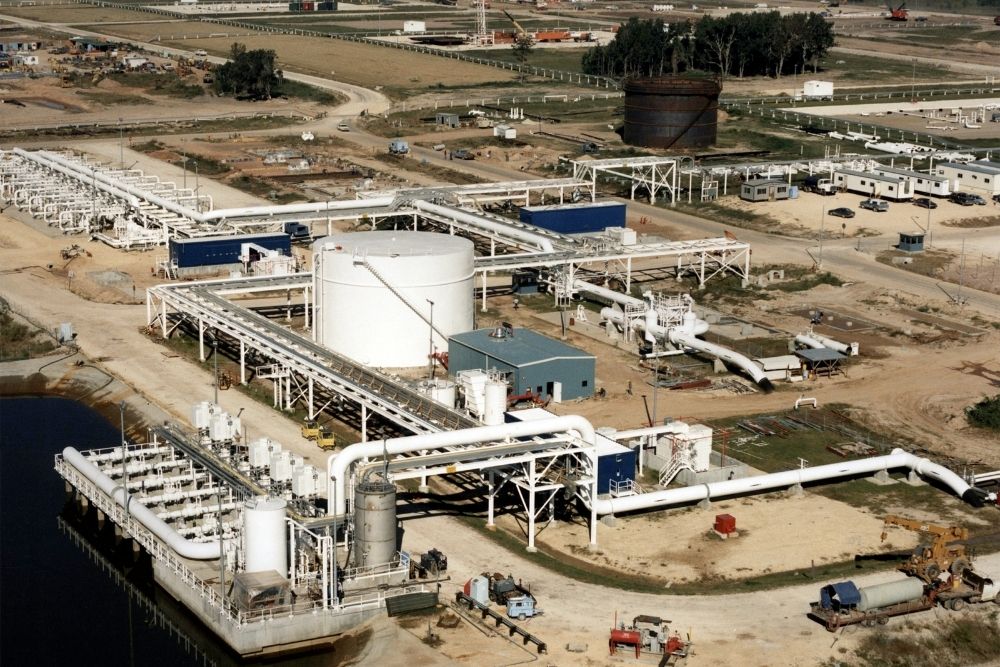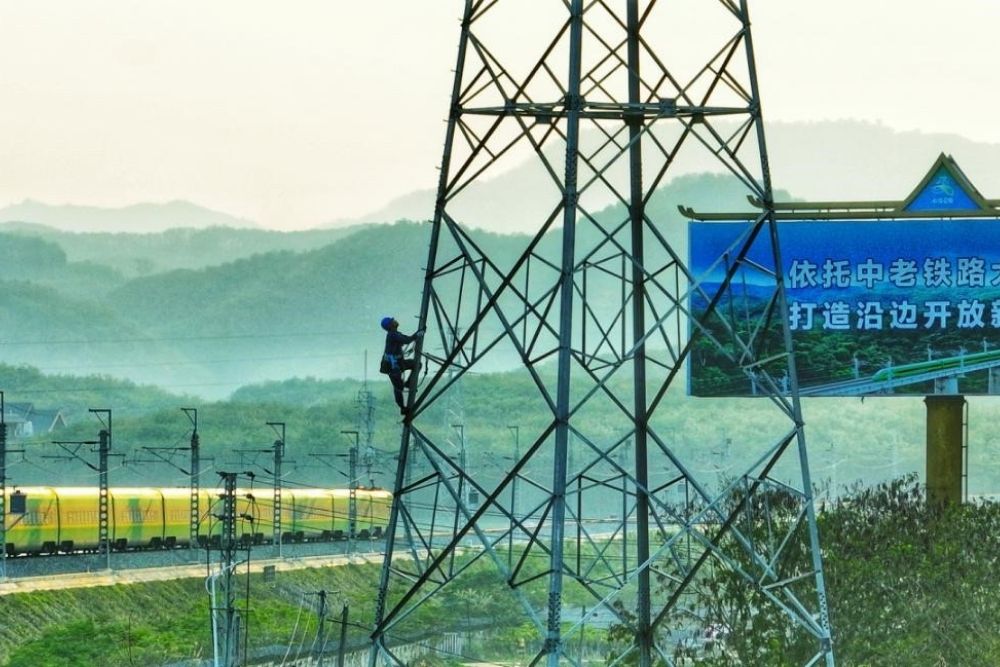U.S. Treasury announces guidelines on additional clean energy tax incentives
- September 12, 2023
- Posted by: Quatro Strategies
- Categories: China, ESG & Renewable Energy, Sanctions & Regulation, United States

The U.S. Treasury has announced plans to provide guidance on additional clean energy tax incentives, including measures aimed at deterring companies from relying on Chinese supply chains, before the end of 2023.
Lily Batchelder, the Treasury’s assistant secretary for tax policy, mentioned that this guidance will include rules for the “foreign entity of concern,” which are set to go into effect in 2024 for completed batteries and 2025 for critical minerals used in their production. These rules will impact investments in batteries for electric vehicles, including Ford Motor Co’s deal with Chinese battery manufacturer CATL.
Additionally, the guidance will cover the “45X” manufacturing production tax for clean energy products like solar, wind, batteries, and critical minerals components.
The U.S. auto industry is closely watching these rules, as they play a significant role in investment decisions related to electric vehicle battery production. The industry is looking for clarity on whether deals like Ford’s licensing of CATL’s technology will qualify for tax credits.
The Treasury also plans to release guidance on tax credits for energy-efficient home improvements and sustainable aviation fuel in the near term. Other guidance expected by the end of 2023 includes Section 48 clean power investment tax credits and clean hydrogen tax credits.
These tax incentives are part of the Inflation Reduction Act (IRA), passed in August 2022, which is estimated to cost around $369 billion over 10 years. However, strong demand for these credits has led some analysts to project that the fiscal costs of the IRA could reach $1 trillion.
Interested in learning more?
Sign up for Top Insights Today

Top Insights Today delivers the latest insights straight to your inbox.
You will get daily industry insights on
Oil & Gas, Rare Earths & Commodities, Mining & Metals, EVs & Battery Technology, ESG & Renewable Energy, AI & Semiconductors, Aerospace & Defense, Sanctions & Regulation, Business & Politics.



